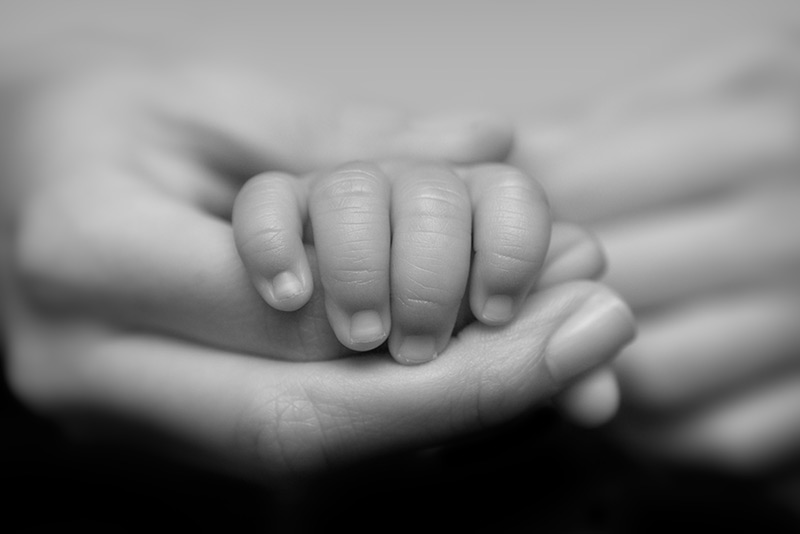What does Islam Says about Adoption
The most acclaimed orphan in Islamic society is, without uncertainty, the Prophet Muhammad, peace be upon him. His father passed on before he was conceived and when he was eight he had lost both, his mother and the grandfather who named him. He was consequently raised by his uncle Abu Talib who protected him the whole life, until the moment he breathed his last. That was when Muhammad was a grown-up of just about fifty years old. At the point when Muhammad’s wife Khadijah provided him a slave named Zaid, Muhammad liberated the kid and raised him as though he were his own child. The significance of taking homeless children to look after them is well established in Islam.
Foster Parenting: In Islam, adoption is given the name kafâla, which actually means sponsorship, however originates from the root word signifying “to feed.” In a best way, it could be put as ‘foster parenting’. Legal fostering in Islam obliges to fulfill all the expected parental duties “in the same manner as a father would accomplish for his child. Though Islam puts same duties on foster parents yet legal fostering differs on three points:
- Denial or acknowledgement of identity by blood lineage
- Implications for the possibilities of marriage partners.
The Prophet Muhammad (peace be upon him) once said that a man who would take care of a homeless kid will be in Paradise with him, and motioned to demonstrate that they would be as close as two fingers of a solitary hand. He himself embraced a former slave and raised him with the same consideration as though he were his own child. However, the Qur’an gives particular principles about the legitimate relationship between a child and his/her adoptive family.



